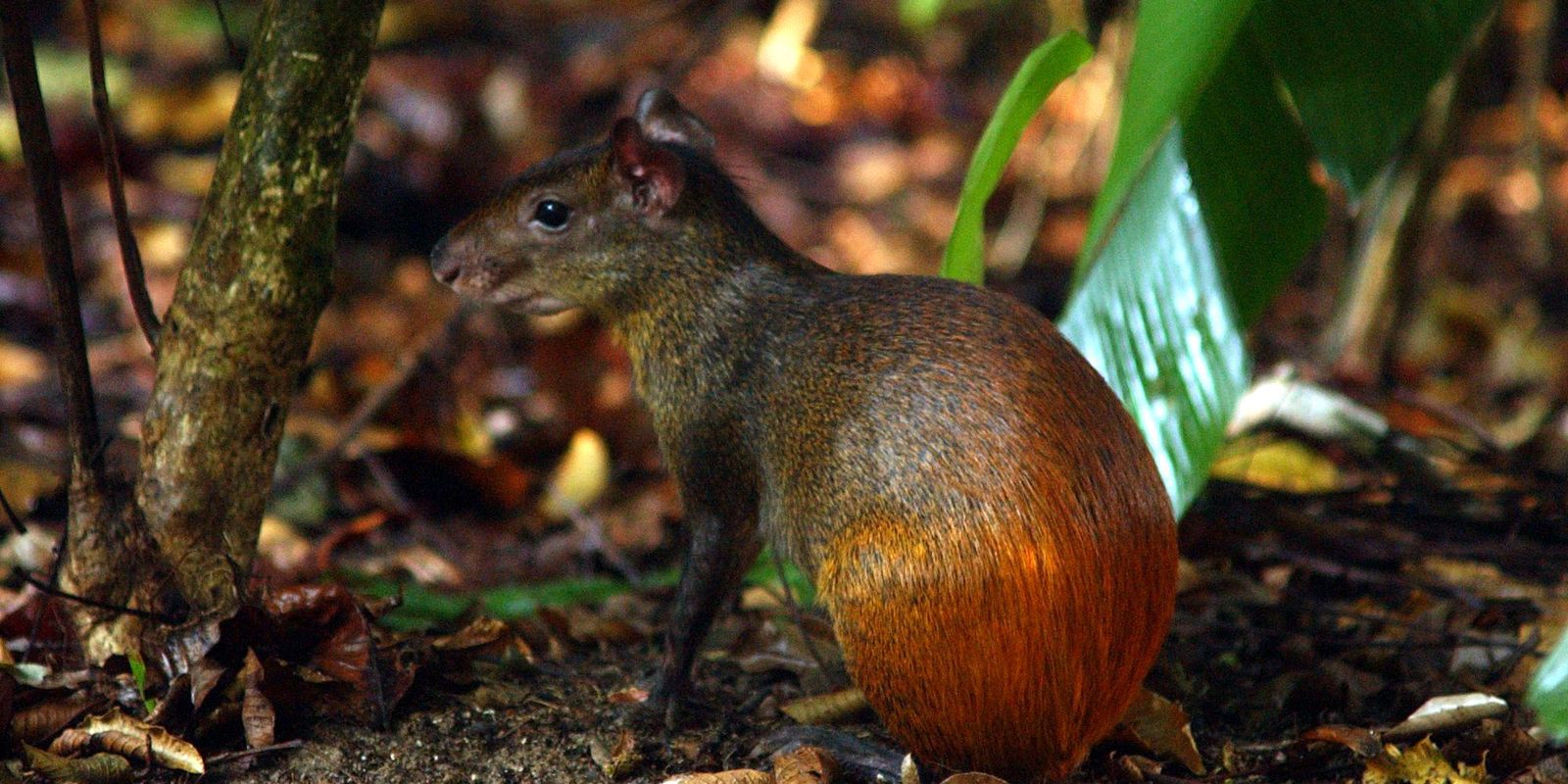Project coordinated by the Botanical Garden of Rio de Janeiro (JBRJ) will expand knowledge of all the diversity of life in Brazil, cataloging and also making available data on microorganisms and fossils. The Catalog of Life in Brazil will gather data on all species of living beings in the country.
Brazil has 125,076 species of animals and 50,279 species of plants and fungi (among native, cultivated and naturalized) known to science. “Obtaining such precise numbers is only possible because the country has two systems where information on the species of its flora, fungus and fauna is cataloged, and which make their data available online for the whole of society”, says the institution.
The project was approved by the Research Support Foundation of the State of Rio de Janeiro, which will contribute funds in the amount of R$ 1.16 million divided into two installments. Two new systems will be developed for microorganisms and for fossils, in partnership with scientists from different research institutions.
The four systems will be integrated and will have a unified interface for consultation online. The project coordination will be under the responsibility of the JBRJ, where the systems will be hosted and managed.
“By gathering, organizing and making available information on all these groups of living beings in the Brazilian territory, the Catalog of Life will become a valuable tool for researchers, managers and society as a whole, in the current world context in which biotechnology advances by leaps and bounds. wide, and knowledge of biodiversity also becomes fundamental for the economic development of the country with environmental sustainability, fair sharing of benefits and respect for all forms of life”, said, in a note, the project coordinator, researcher Rafaela Forzza.
The JBRJ informed that it was a pioneer in the development of this type of system when it started Flora do Brasil, in 2008, currently named Flora and Funga do Brasil because it includes, in addition to plants, fungi. In 2015, this system served as the basis for the development of the Taxonomic Catalog of Fauna in Brazil.
According to Jardim Botânico, the platforms are dynamic, powered by around 1,500 researchers who work in a network, which guarantees constant updating of data. Therefore, it is possible to know not only the numbers, but also the accepted or valid scientific names for each of the species and where they occur, among other information.
Identifying, classifying and naming species is the job of researchers called taxonomists. “The knowledge produced by them is fundamental to guarantee the safe, sustainable and responsible conservation and use of natural resources. The wrong identification of a plant or animal can result, for example, in a health problem, or in a wrong conservation strategy. The speed in identifying a microorganism can accelerate the production process of a medicine or a vaccine. Knowledge of fossils, in turn, reveals ways in which living beings adapt to environmental changes over time and points to ways they can react to current and future environmental challenges”, says the JBRJ.








